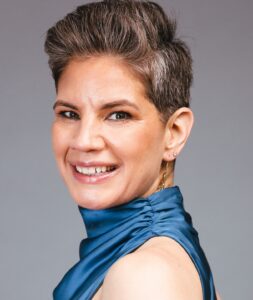There is an urgent need for an increase in both Indigenous evaluation approaches and protocols and ramping up the skills sets and productivity of Indigenous evaluators.
The Indigenous Evaluation Network is dedicated to supporting our landscape and its needs including networking with Indigenous and non-Indigenous organizations and professions to advance Indigenous evaluation in two main ways. First, for the development of Indigenous evaluators through mentoring and job placement. Second, to advance the protocols and processes utilized in programs for and with Indigenous Peoples.
In this keynote presentation we will learn more about Indigenous evaluation but as well what is in store from the Indigenous Evaluation Network.
Andrea L.K. Johnston, CEO, Johnston Research Inc.
Since 1991, Andrea Johnston has been employed full-time as an evaluation manager working towards a future that changes the relationships between Indigenous Peoples and funding agents to operationalize an environment in which Indigenous Peoples can set their parameters. Andrea enjoys working most with colleagues and partners who support the goals of the projects in which she is engaged. She works to break down walls and works hard to learn from all those with whom she engages in dialogue during her project work.

